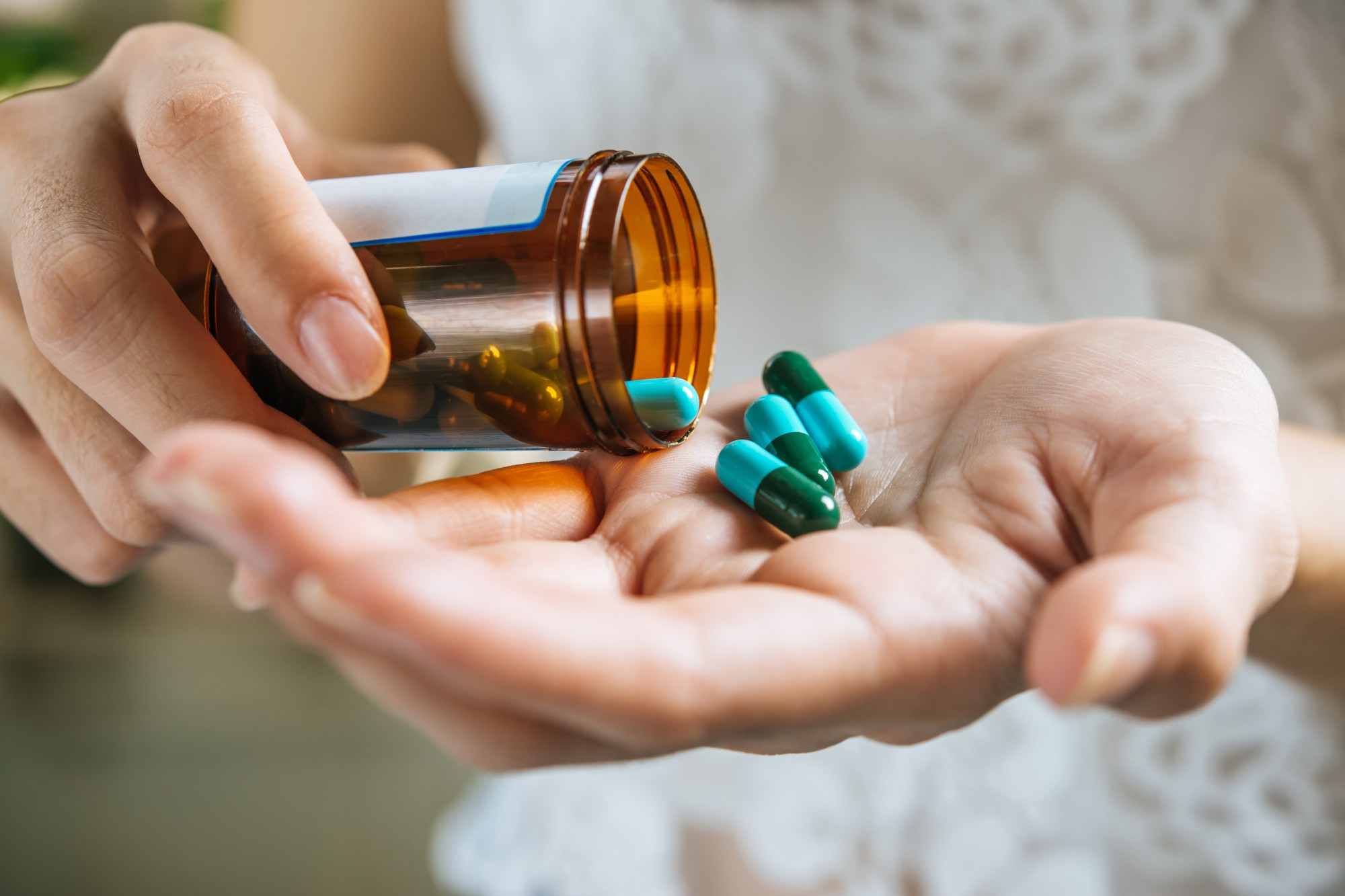General News
20 March, 2022
High medication prices hospitalised me
I HAVE spent my adulthood worrying about whether I should prioritise medication or food and my choices have impacted my health.

I HAVE spent my adulthood worrying about whether I should prioritise medication or food and my choices have impacted my health.
Once a month, I head down to the local pharmacy and pick up my medication and pay up to $100 each time, like many other Australians.
In 2021, I spent a lot of time stressing over that $100 as a casual worker with no concession card. I had to balance food, car payments and rent.
Missing my medication infrequently and for multiple months in a row ended up costing me my health with multiple hospital visits and a few night stays in just over a year.
It was scary to realise that I had sacrificed my health because of my finances.
Pharmacy Guild of Australia January 2022 research showed that I’m not alone, that 32 percent of women have struggled to pay for medication without a concession card in the past three years.
The research also showed that 13 percent of women had gone without prescription medication because they could not afford it.
Pharmacy Guild of Australia president Professor Trent Twomey said that many Australians are finding it harder to afford essential medicines.
“What that means is that people are increasingly finding themselves having to choose between buying the medicines they need and other non-discretionary purchases like rent, groceries and petrol,” he said.
“This is disproportionately affecting women. They know exactly what a loaf of bread, a litre of milk and a rapid antigen test costs. And they know that it all adds up fast.
“I see mothers in my pharmacy forced to choose which child gets the medicines prescribed by the doctor or not filling their own scripts because there’s nothing left in the budget.
“When medicines become unaffordable, it means that there is no real universal access to the PBS which is the foundation of our health system.”
Medication listed under the Pharmaceutical Benefit Scheme (PBS) decreases the amount that Australians have to pay out of pocket, with a $42.50 co-payment or $6.80 with a concession card.
The federal government makes decisions on what medication is eligible under PBS based on a number of factors, including how commonly used they are and if the medication is health critical.
Concerns of medication affordability means people may be facing making difficult choices between medication and essentials such as rent or food.
Medications on PBS that are becoming unaffordable are used to treat diabetes, asthma, heart failure, inflammatory bowel disease, smoking cessation, epilepsy and mental health diseases.
Pharmacy Guild of Australia Victorian president Anthony Tassone said that community pharmacists are urging legislators to make medicines more affordable.
“Community pharmacists believe that this is a cost of living issue that Canberra can do something about,” he said.
“As community pharmacists, we see people who have made the decision in the past to skip their medicines and the results can be devastating for them and their families.
“Patients will sometimes go without their medicines in order to afford food or rent because hunger and shelter are immediate needs. But when they skip prescribed medicines, people put their health at risk and can end up sicker in the long-term.
“This is a bad outcome for them and puts an increased burden on the healthcare system.”
PBS co-payments rise at the beginning of every year due to inflation and are currently at double the year 2000 price.
“The PBS co-payment goes up every year as a matter of policy,” Mr Tassone said.
“At the current rate of increase, patients without a concession card will be paying almost $50 per script for some medicines by the end of the decade.”